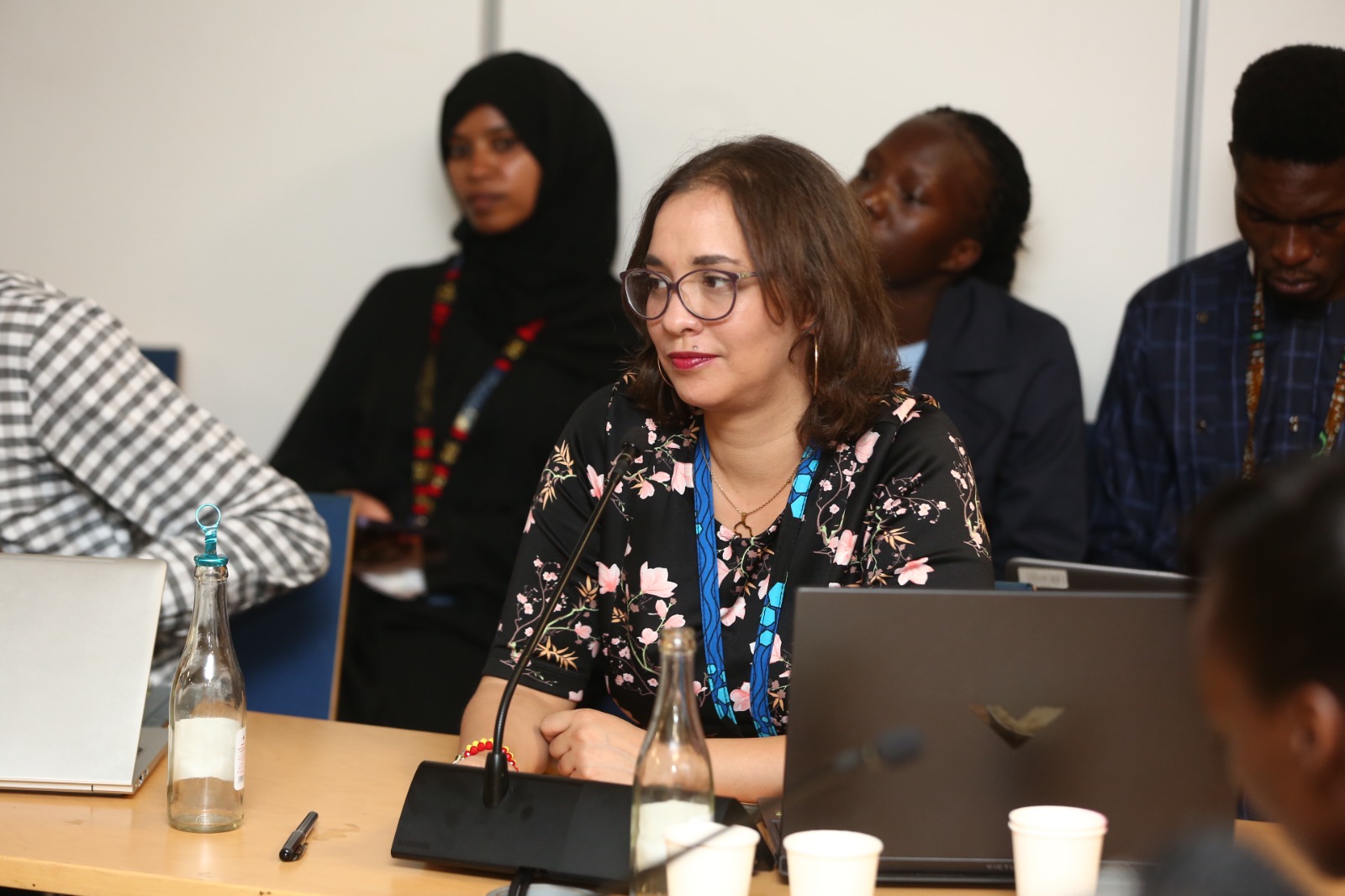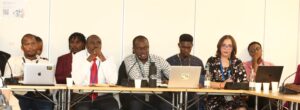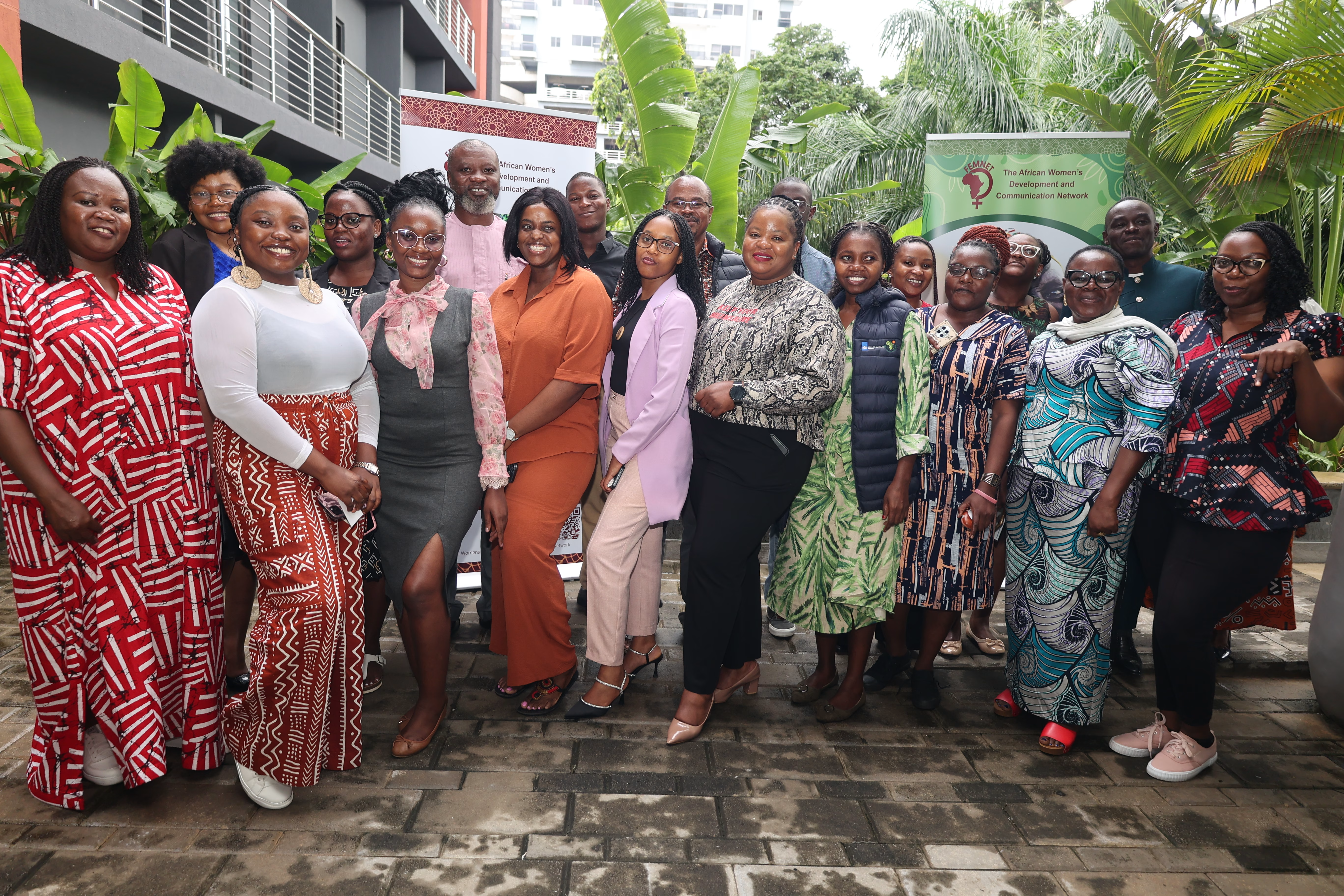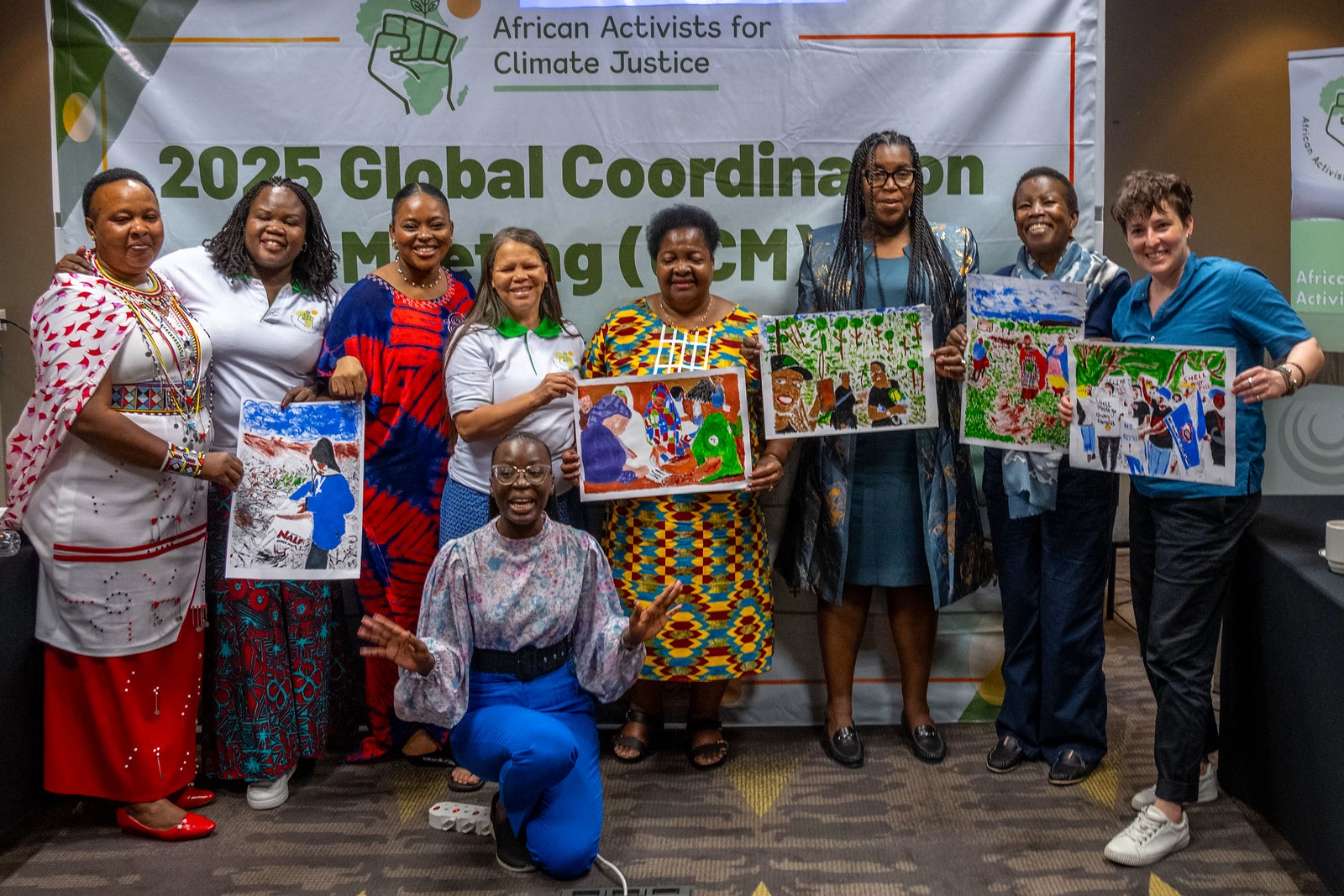
African Feminists Make Waves at UNEA6
The United Nations Environment Assembly (UNEA) is often a scene of power suits and diplomatic jargon. But this year, a different kind of voice rose above the din: the voice of African feminists fighting for climate justice. In a full house side event at UNEA 6 on the 27th of February 2024, FEMNET in collaboration with the African Activists for Climate Justice consortium which includes Natural Justice, Oxfam, African Youth Commission and PACJA co-created a session dabbed Women in Climate Leadership Forum: Eco-Feminine Forces Shaping Sustainable Horizons for Environmental Harmony.
Rabeb Aloui, a Tunisian feminist and alumna of the African Feminist Climate Justice Academy (AFACJ), spearheaded the discussion by illuminating the pivotal role of women in spearheading the climate justice movement.

“Climate change disproportionately impacts women, making their inclusion in key decision-making spaces utterly critical,” asserted Aloui. “At FEMNET, we are deeply committed to empowering African women and girls by actively engaging them in crafting solutions to combat climate change.”
Delving deeper, Aluoi underscored the imperative of comprehending the intricate web connecting climate justice demands with the multifaceted societal consequences of climate change. She also emphasized on the need to comprehend the intricate interplay between climate justice imperatives and the multifaceted societal impacts of climate change and lauded the collaborative effort by various partners including the voices of women, youth, and marginalized communities, aiming to influence policy and reshape mindsets at local and global scales.
Accordingly, Natalie Mukundane, from the Africa Youth Commission, urged African women to join the movement, emphasizing the importance of amplifying their voices and prioritizing their aspirations. Mukundane said that climate action spaces are avenues for African women and girls to actively engage in decision-making processes by ensuring their perspectives are woven into effective and inclusive solutions.
Charles Mwangi, from the Pan African Climate Justice Alliance (PACJA) powerfully articulated the disproportionate burden borne by women under the weight of climate change. He advocated for their perspectives to be centralized in shaping policies. He also challenged existing power structures, demanding accountability and championing solutions that elevate the needs of the most marginalized particularly African women and girls.
The genuine progress lies in amplifying the voices of those most impacted, fostering inclusive movements that embrace all. For in the fight for a sustainable future, unity is our strength. We rise together, or we fall together.
For more information of what ensued in #UNEA6 click here . The aforementioned was collaboratively drafted by Imai Ngusale and Anne Tek. For more information on FEMNET’s work on climate justice email Anne Tek a.tek@femnet.or.ke and Aileen Ajiwa a.ajiwa@femnet.or.ke .
Related Tags
Related Posts
Rewriting the Climate Story: Journalists Trained to Champion Feminist Climate Justice in Africa
What if climate stories from Africa didn’t begin with crisis, but with courage? What if women were no
Learn MorePowering Pathways for Sustainable Climate Actions: A Call to Strengthen Climate Justice Across Africa
As the world faces an escalating climate crisis, African communities remain at the frontline, bearing the brunt of
Learn More

